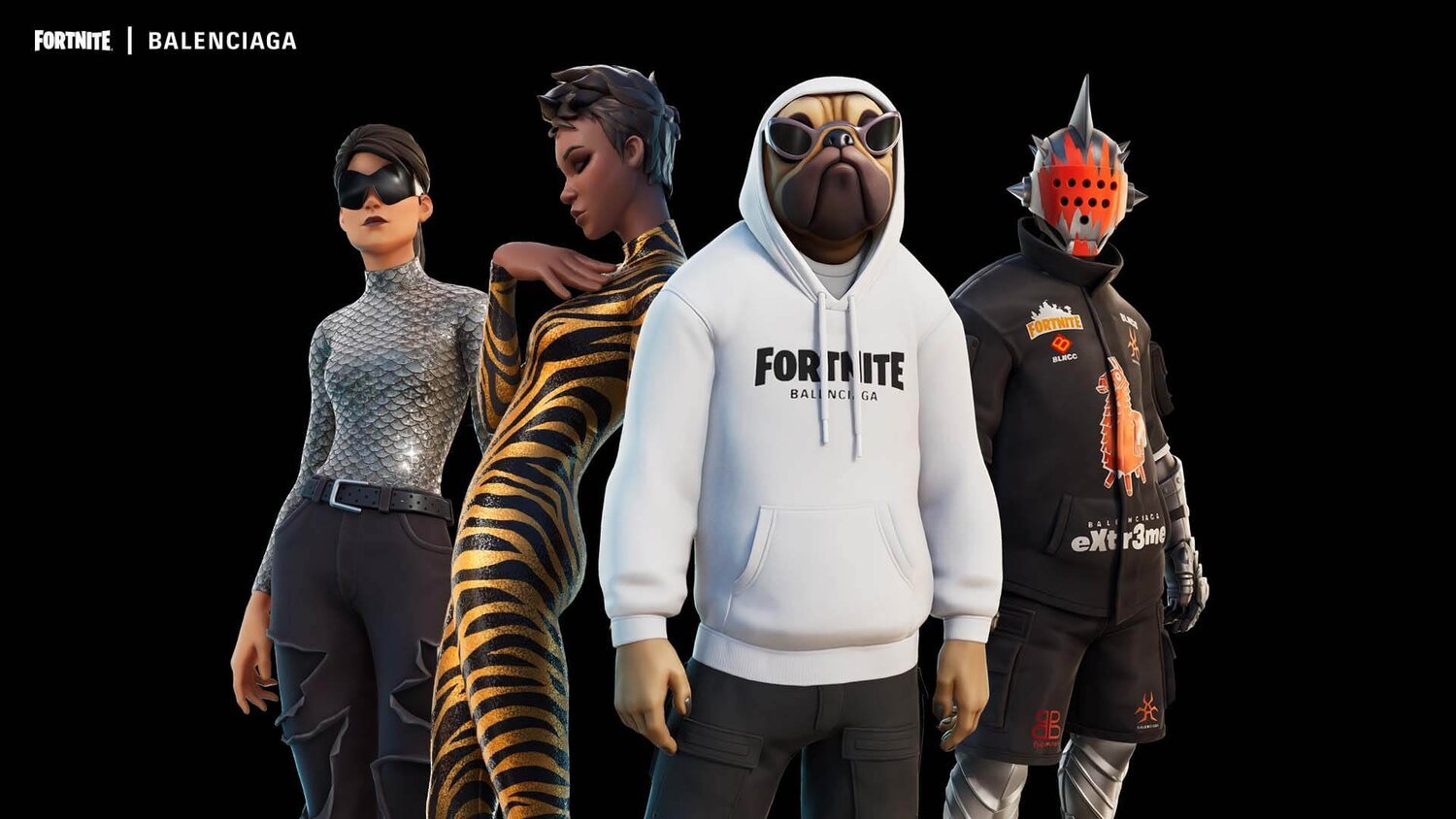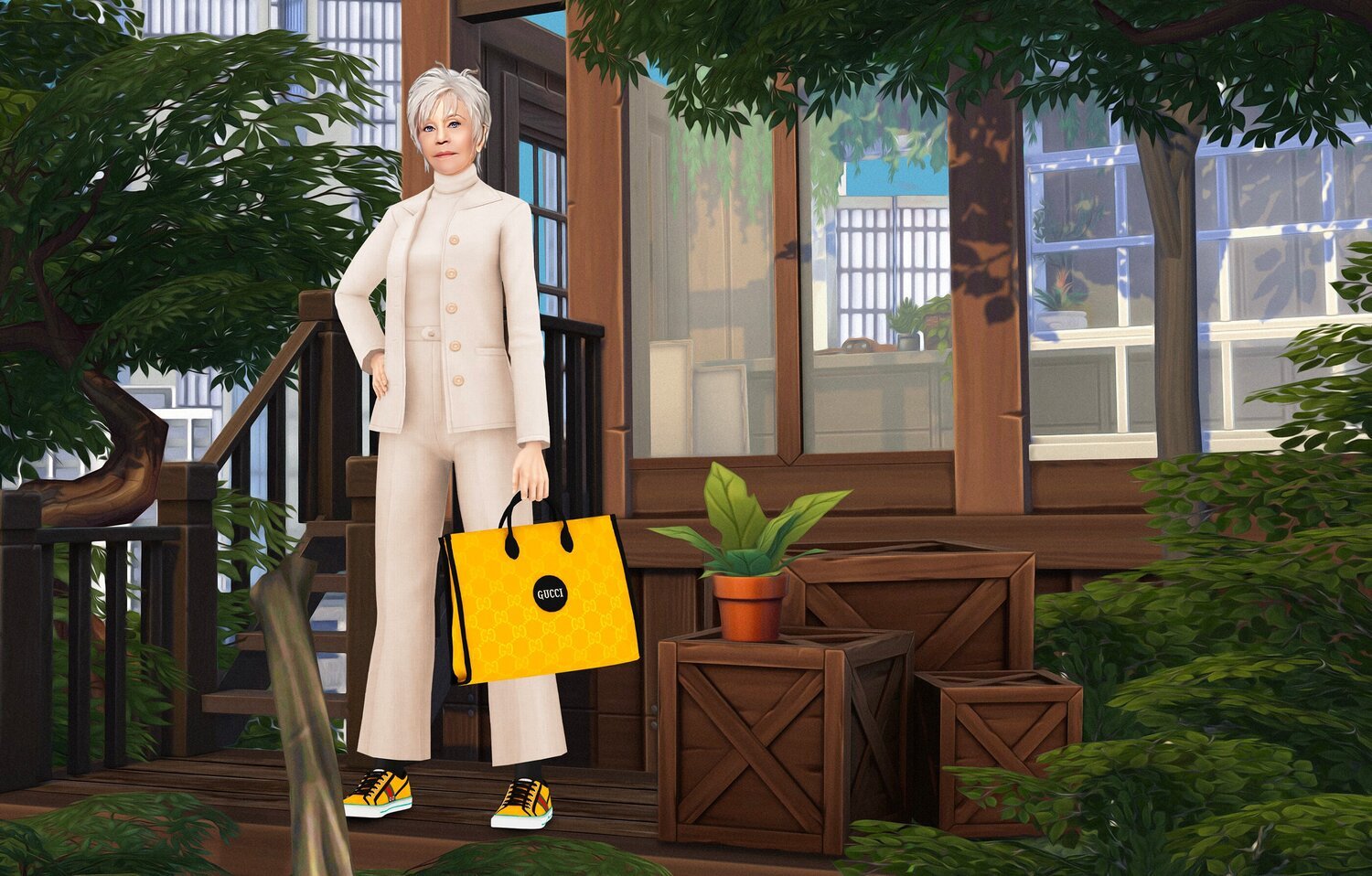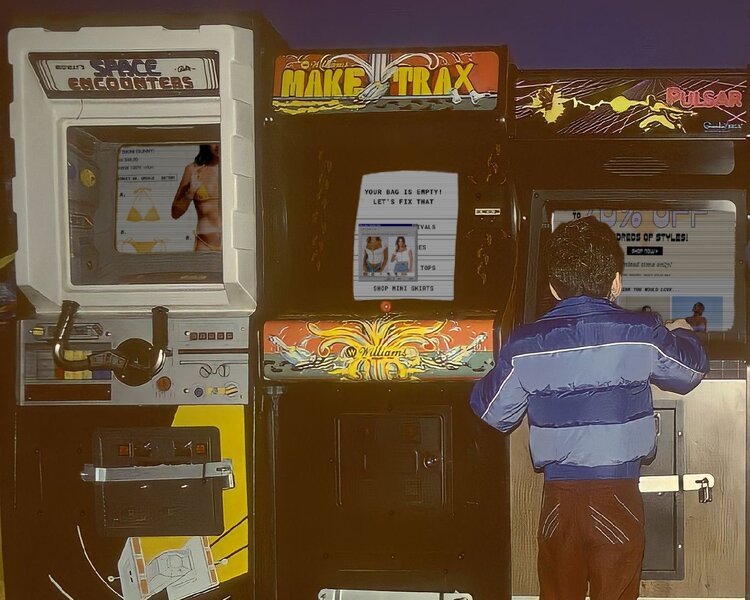Video Games and Fashion: An Unlikely Pair
Picture this: you’ve just downloaded the biggest game of the year, a multiplayer 100-person “last one standing” battle royale. After winning a match and earning your share of in-game currency, you return to the in-game store to buy a sweet new outfit for your character. Much to your surprise, the storefront’s usual combat gear has been replaced with luxury fashion items from the not-so-virtual Balenciaga fashion house.
In late September, Balenciaga partnered with the cultural phenomenon and ultra-popular video game Fortnite to showcase a batch of purchasable in-game and real-life clothing items, ranging from t-shirts and hoodies to backpacks. This in-game wardrobe may seem unusual to the average video game player or fashion enthusiast, but luxury fashion houses have been increasingly pairing up with video games to advertise their products, and Balenciaga’s only the most recent participant.
Louis Vuitton is no stranger to partnering with video game companies. They collaborated with video game developer Square Enix in 2016 using the main character of their then-flagship game Final Fantasy XIII to model their spring and summer collections for that year. Most recently, they worked with Riot Games to design Louis Vuitton-themed clothing for players and characters of the multiplayer online battle arena game, League of Legends. Marc Jacobs and Valentino also dropped in-game clothing codes for the popular Nintendo Switch game Animal Crossing: New Horizons, and gaming giant Electronic Arts (EA) followed suit in a collaboration with Moschino and Gucci for The Sims 4.
Commercial fashion brands are also cashing in on the trend with Vans launching a playable skateboarding world in the sandbox online game Roblox. Players can find limited edition clothing inside the game for their virtual avatars. Puma released collaborations with Animal Crossing: New Horizons and Mario this year while Levi’s collaborated with the monster-catching game Pokémon on themed clothing.
Stereotypically, the gaming demographic is not perceived as a group that would be interested in fashion, let alone luxury fashion. When I think of a “gamer,” the image that comes to mind is of someone who spends most of their time in their room, headphones on, snacks by their side as they pound away at their keyboard. Fashion is the least of a gamer’s worries. So why are fashion brands suddenly advertising to them en masse?
The most pertinent rationale is the COVID-19 pandemic. While fashion brands did advertise through video games before the pandemic, it was not nearly as heavily or frequently as they do now. With countries shut down and the world brought to a halt, fashion houses and designers could not showcase their newest pieces through fashion shows. Realizing this, brands took aim at digital advertising methods, with the gaming industry its prime target.
Choosing to advertise in video games is a tricky but insightful endeavor. For many gamers, their virtual avatars are an extension of themselves and their identity. In virtual worlds, you can create a character that looks, talks, and dresses just like you, or a character made entirely from your imagination. Life and social simulator games such as Animal Crossing and The Sims offer an abundance of character customization options, making them solid picks for fashion brand partnerships that can offer more digital cosmetic options.
On the other hand, advertising in games with specific locations, atmospheres, or settings could be detrimental to brands. Seeing characters in a fantasy-themed series such as the Final Fantasy games equipped with a Chanel bag or Versace sword could come off as outlandish or immersion-breaking.
While gamers aren’t seen as a demographic that overlaps with fashion enthusiasts, the success of these campaigns tells a different story. Louis Vuitton’s League of Legends collection sold out within an hour of its launch. Since brands continue to partner with video game companies, it’s clear that video game players have proven to be a valuable market for luxury and commercial fashion brands.
Image Courtesy: Strike FSU
Though fashion and gaming may appear to be an unlikely pairing, the merging of the two worlds is only one step towards a universe of digital fashion.
Strike Out,
Writer: Nyan Clarke
Editors: Noelle Knowlton & Lexi Fernandez
Graphics: Madison Sloan
Tallahassee




